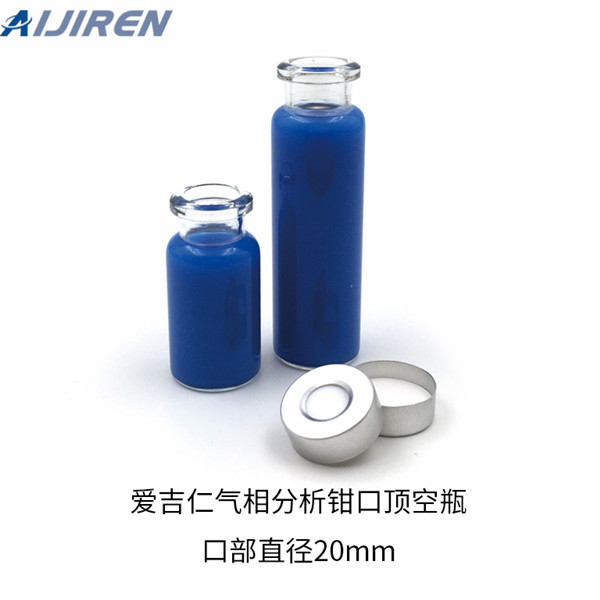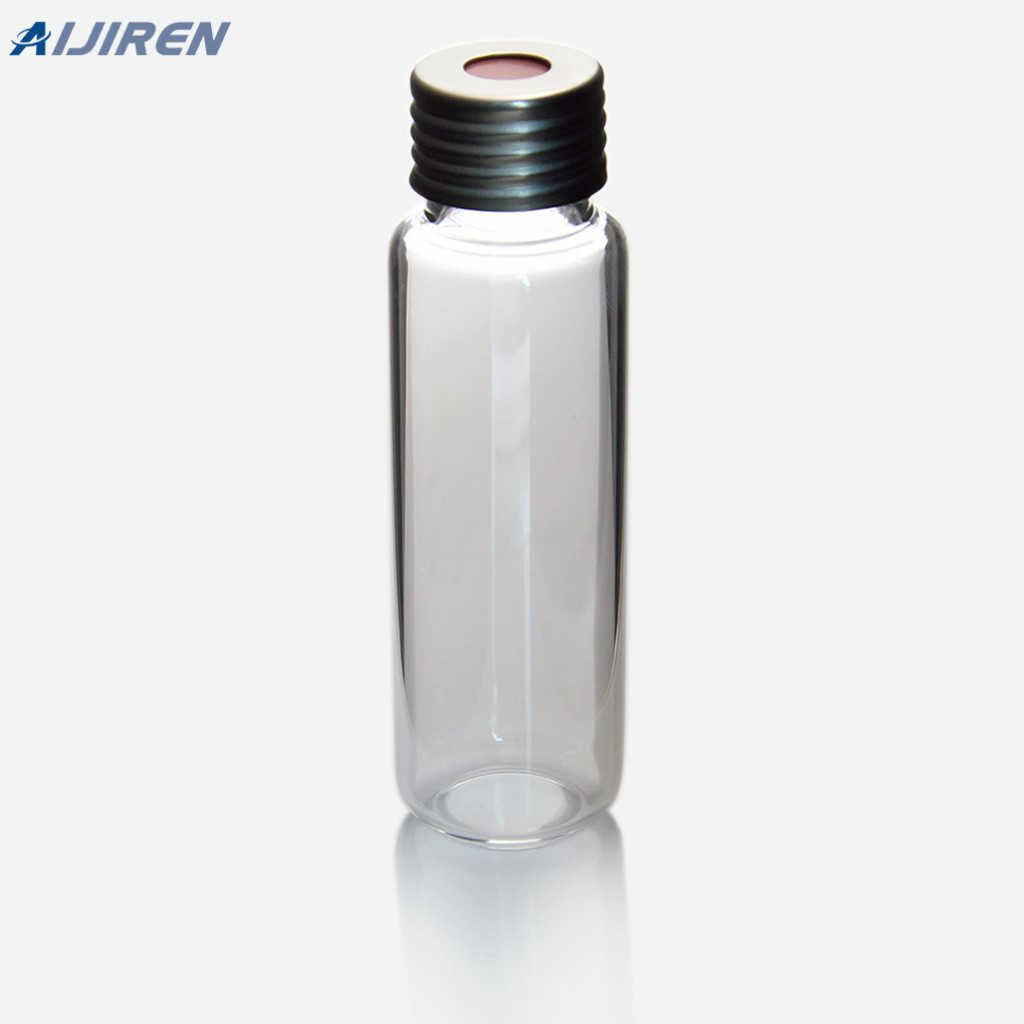
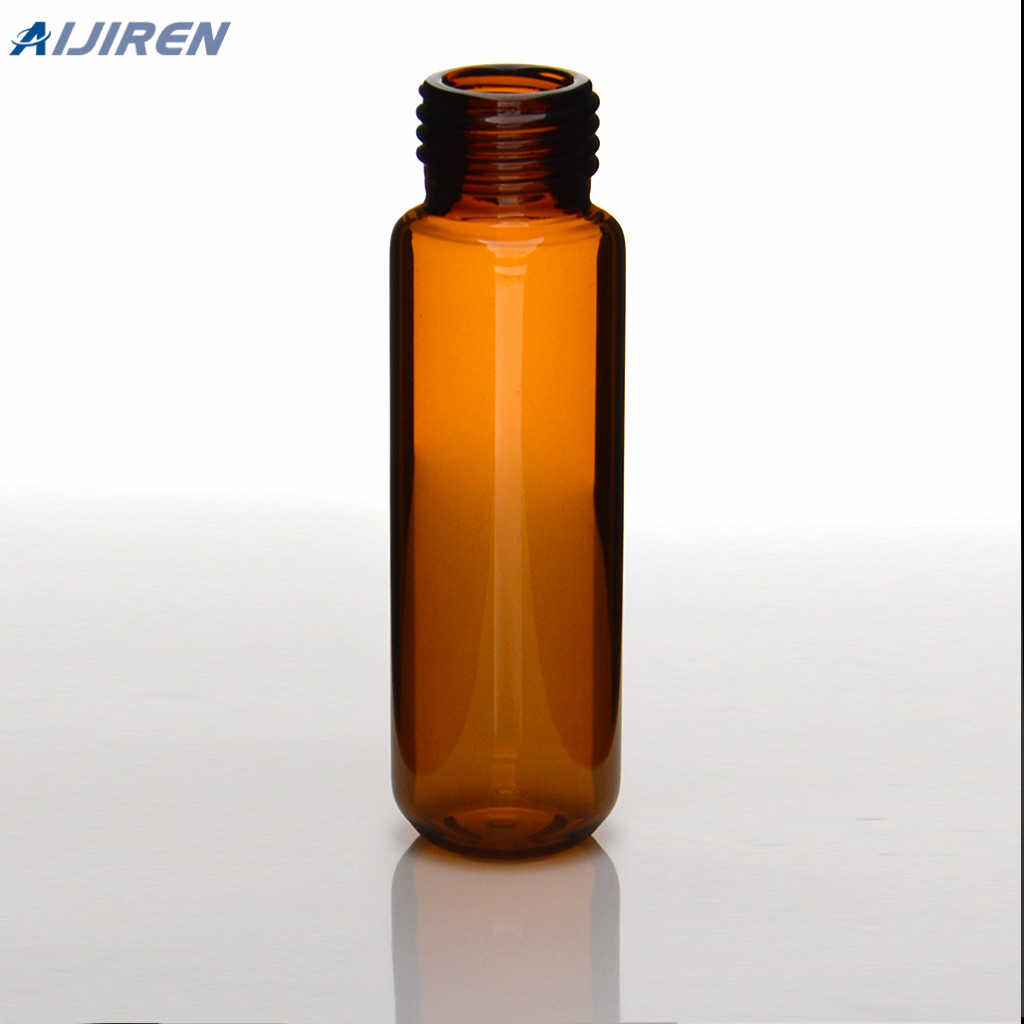
网页2021/05/28 · There are three procedures available to carry out filter integrity testing and these are primarily chosen based on the filter membrane material. Razan Jammal discusses the differences between each and when they should be used.
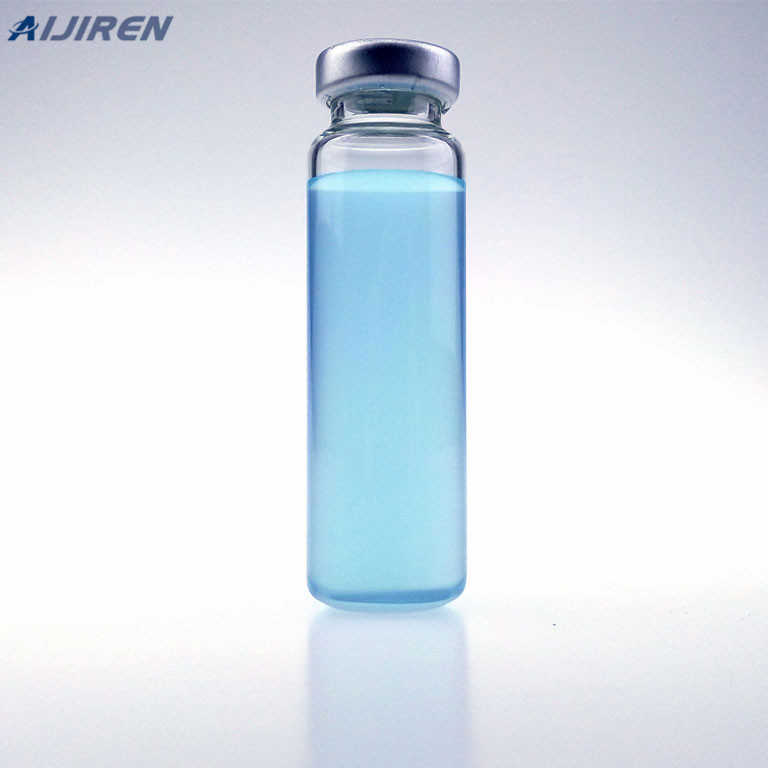
网页2022/08/19 · Choosing between a 0.22 and 0.45 filter comes down to the retention rate or particle retention that is needed for your application. A 0.22 filter is well suited for sterilization purposes. A 0.45 filter is well suited for recovering bacteria and microorganisms from samples. Finding the correct filter pore size for you and your team’s
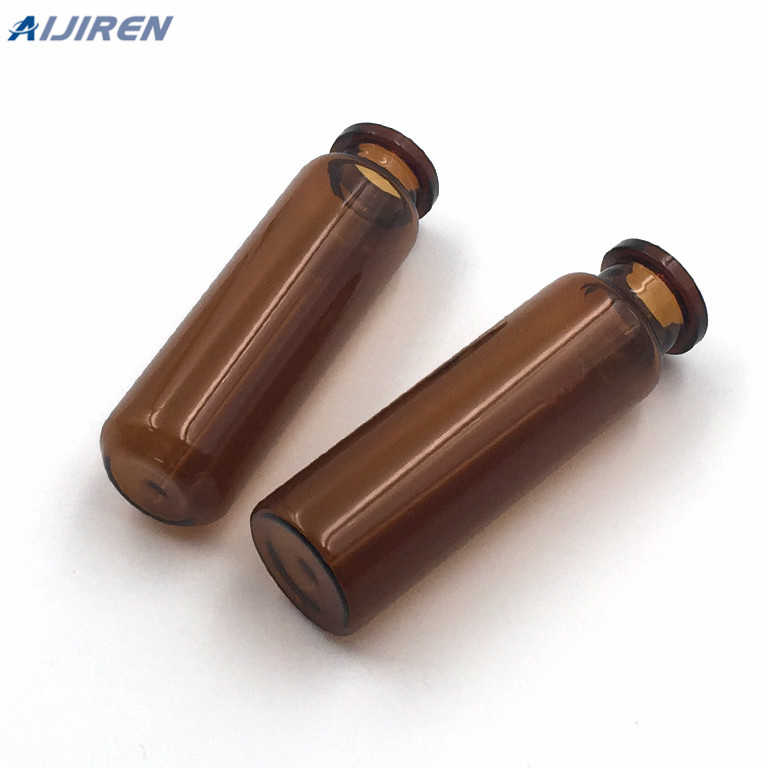
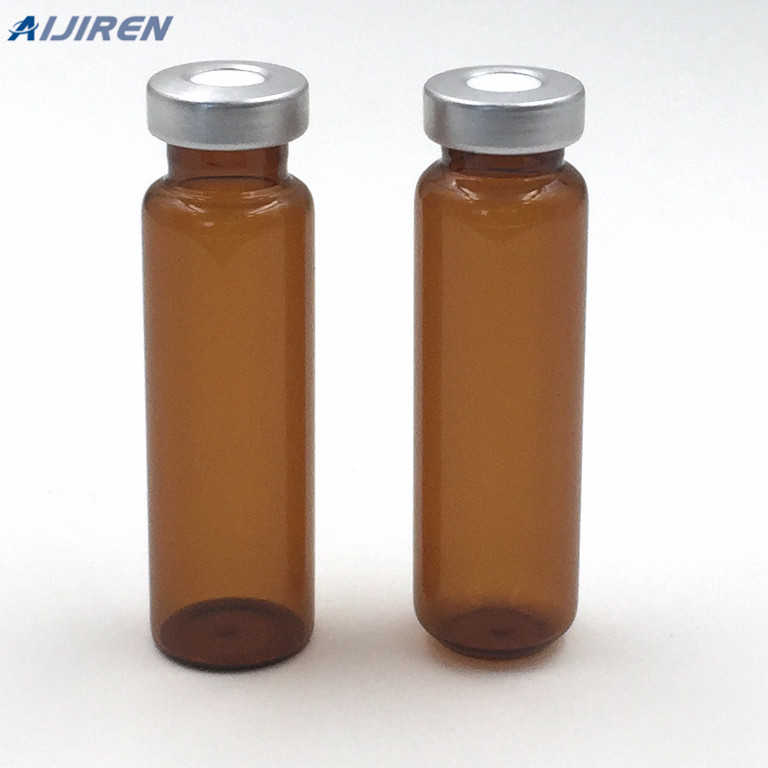
网页2003/06/01 · The membrane filter through which bacteria passed was washed gently to remove bacterial mass on the filter surface, then examined for its bubble point. A conventional pressure filtration test with the used membrane filter (bacteria on the surface were washed out) fixed in a filter holder was carried out using 2 ml of suspension of
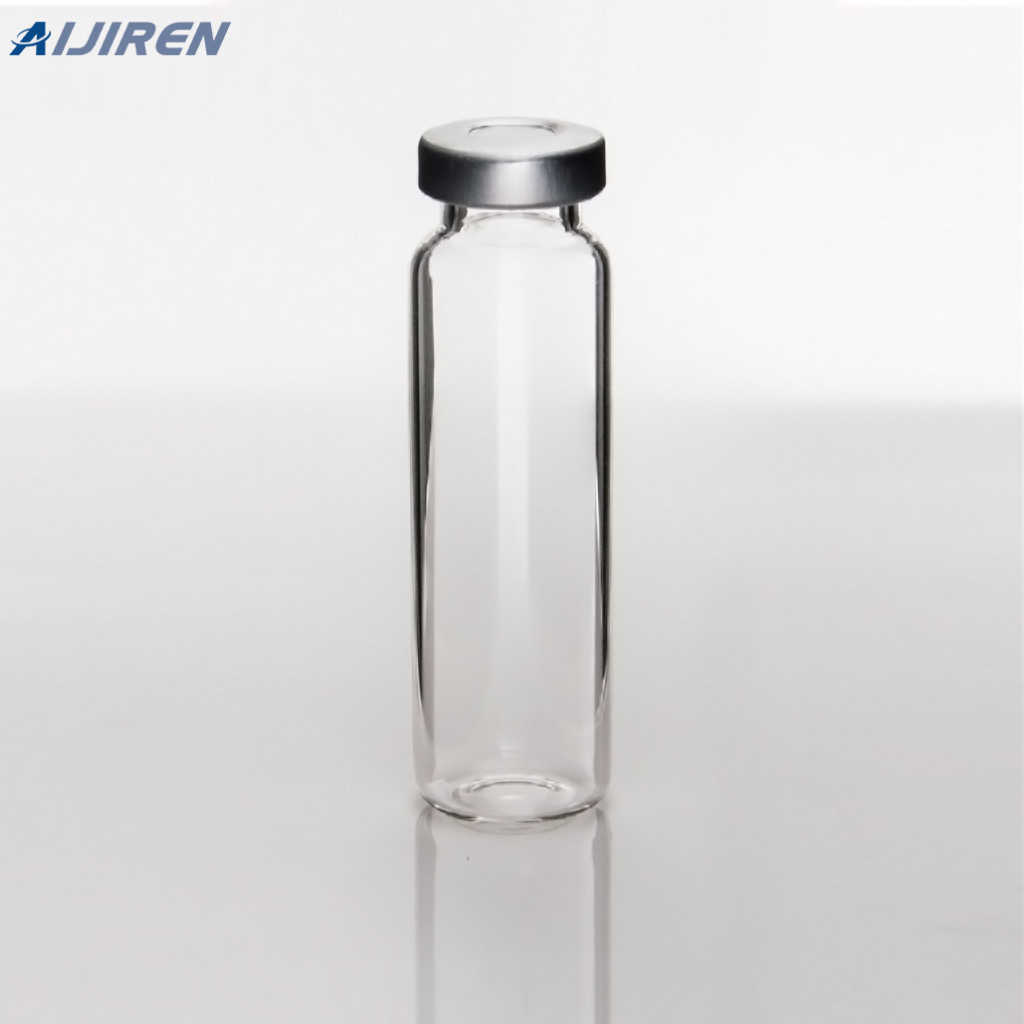
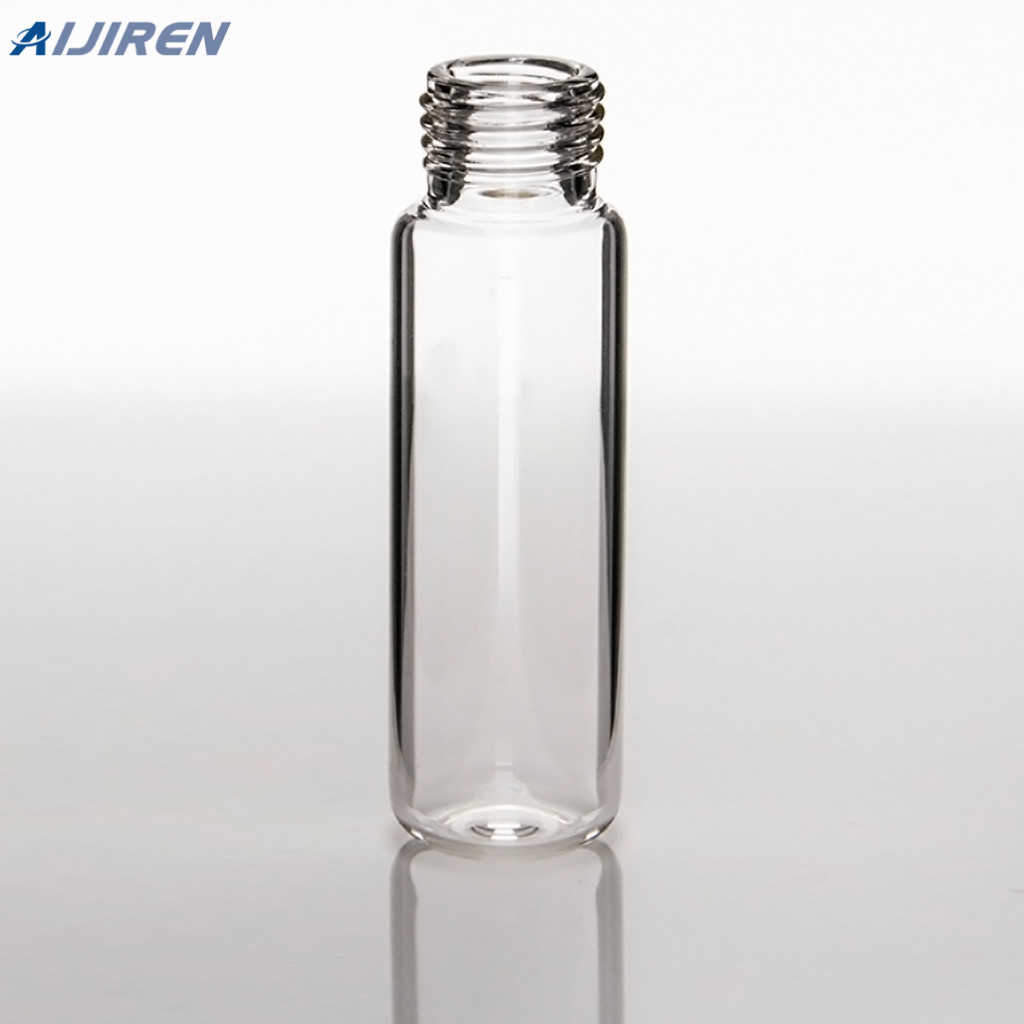
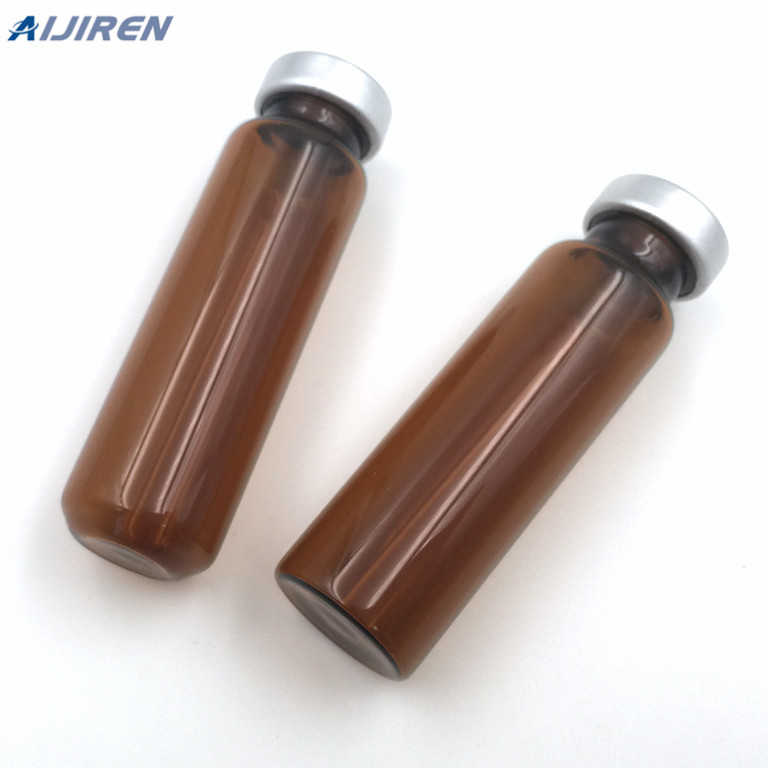

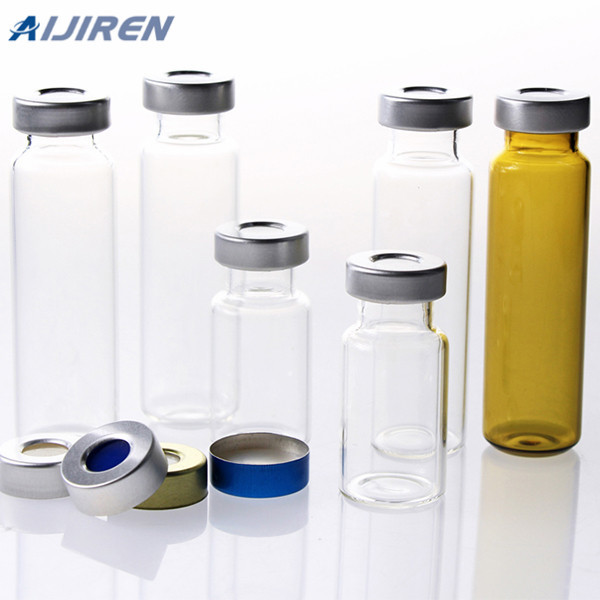
网页2018/07/12 · Mixed cellulose esters. These filters include cellulose acetate and cellulose nitrate. They're highly porous, pure, and have a quick wetting time. These are standard membrane filters used for different applications in laboratories such as air monitoring, contamination analysis, microbiology, and sterilization of biological fluids.
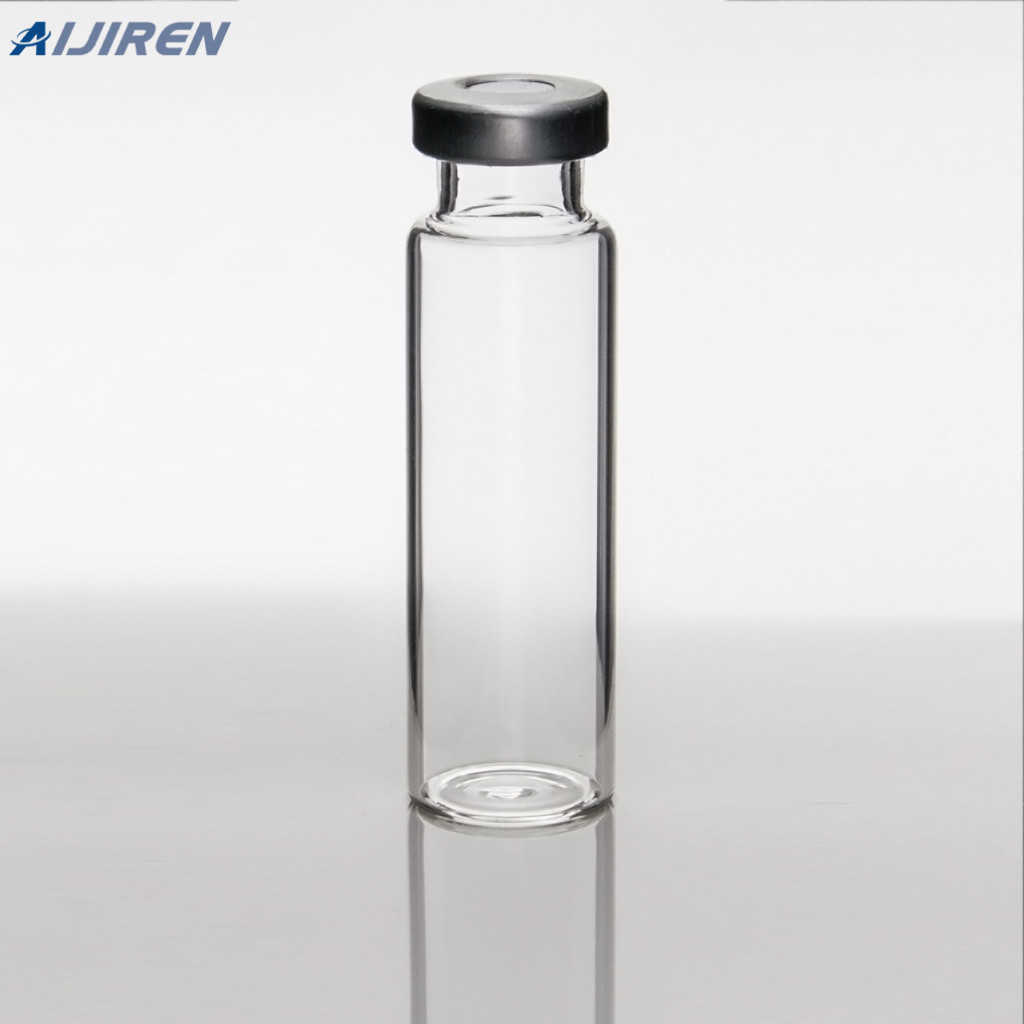
网页EP0592066B1 1997-09-03 Apparatus for testing membrane filter integrity. US4614109A 1986-09-30 Method and device for testing the permeability of membrane filters. EP1356260B1 2007-12-05 Product leak testing. EP0586659B1 1997-12-10 Method and apparatus for rapidly testing the integrity of filter elements.
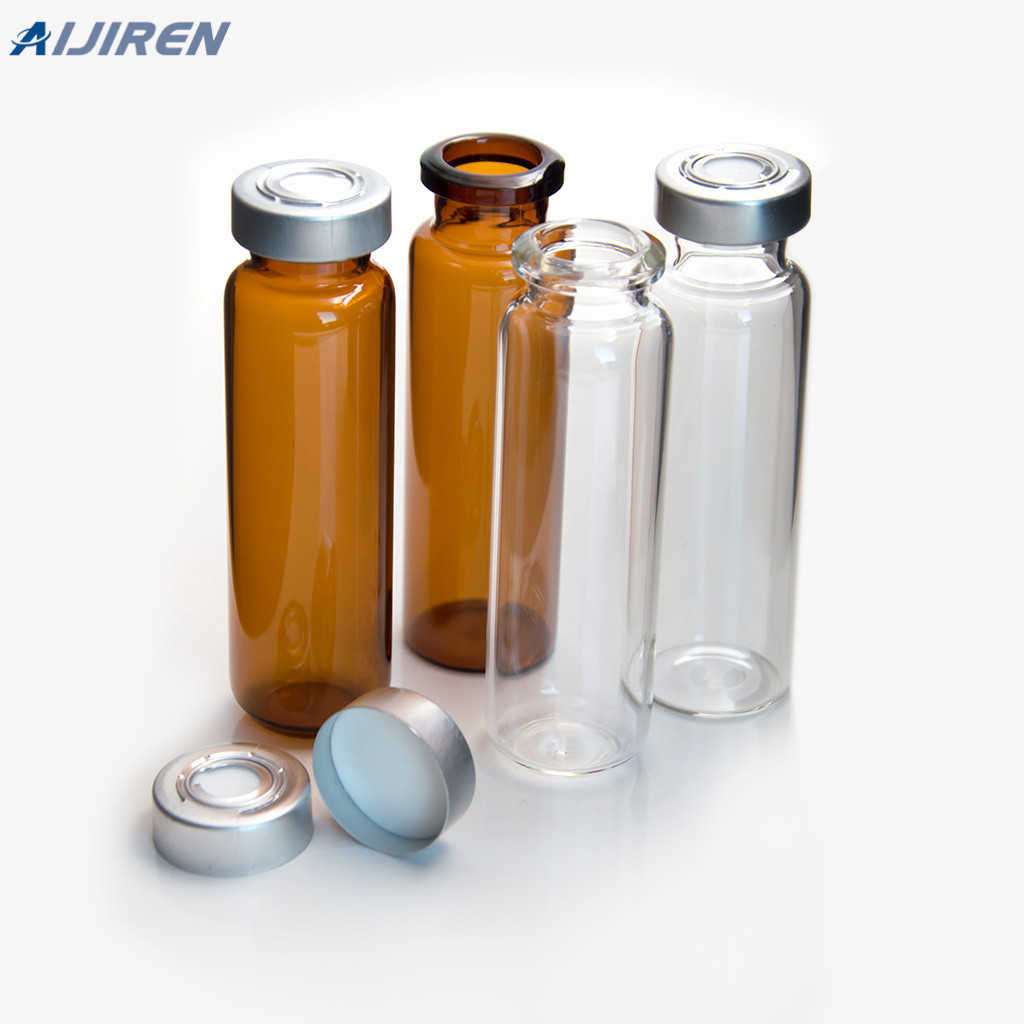

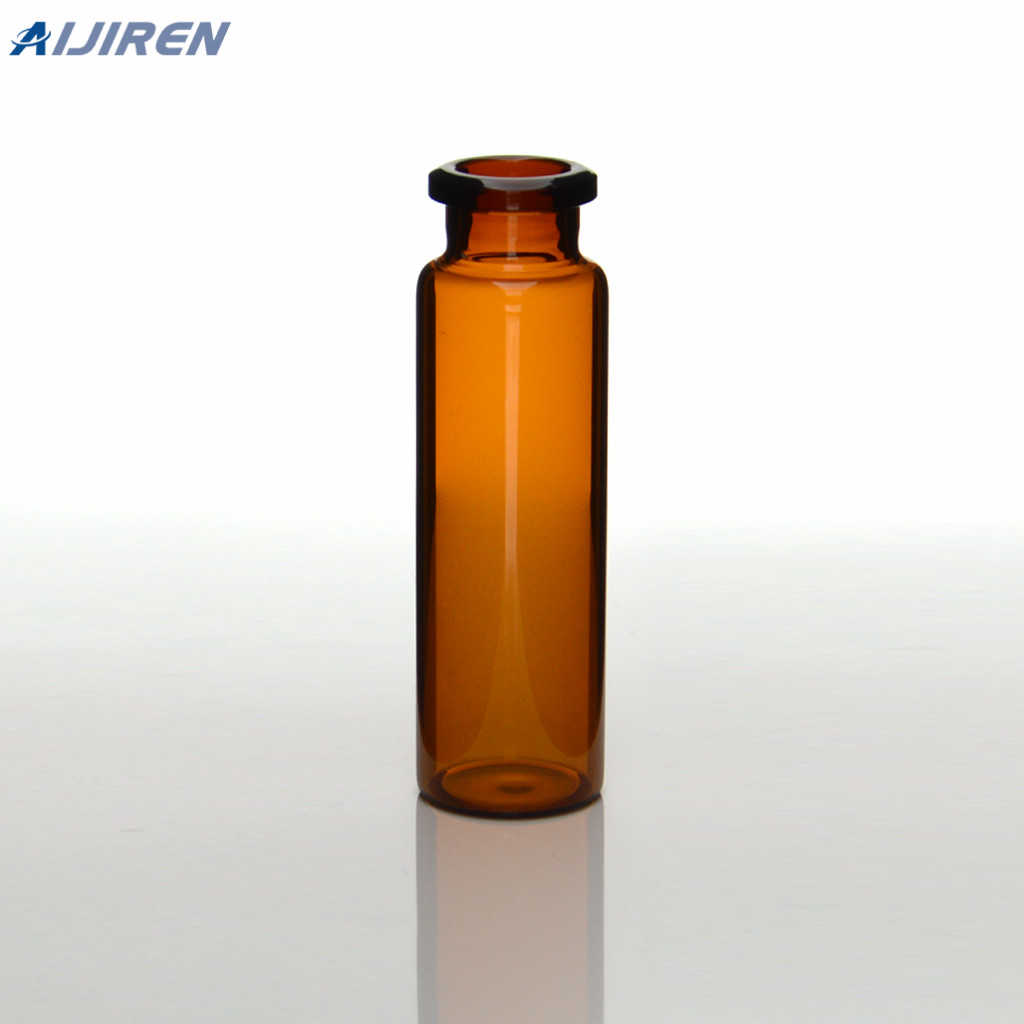
网页2022/07/07 · Advantages of Membrane Filtration. It allows the filtration of any volumes of non-turbid water through the disk. This method is inexpensive. No requirement for chemicals. Can remove 90–100% pathogens from the water sample. This method is more energy efficient. It doesn’t denature the proteins.
